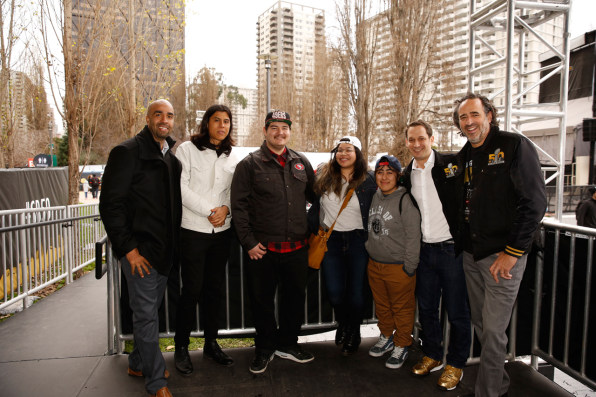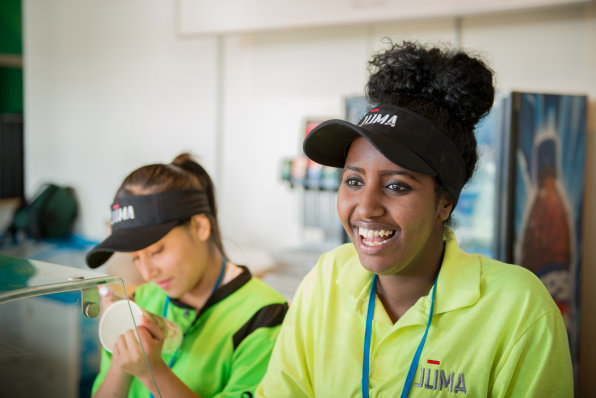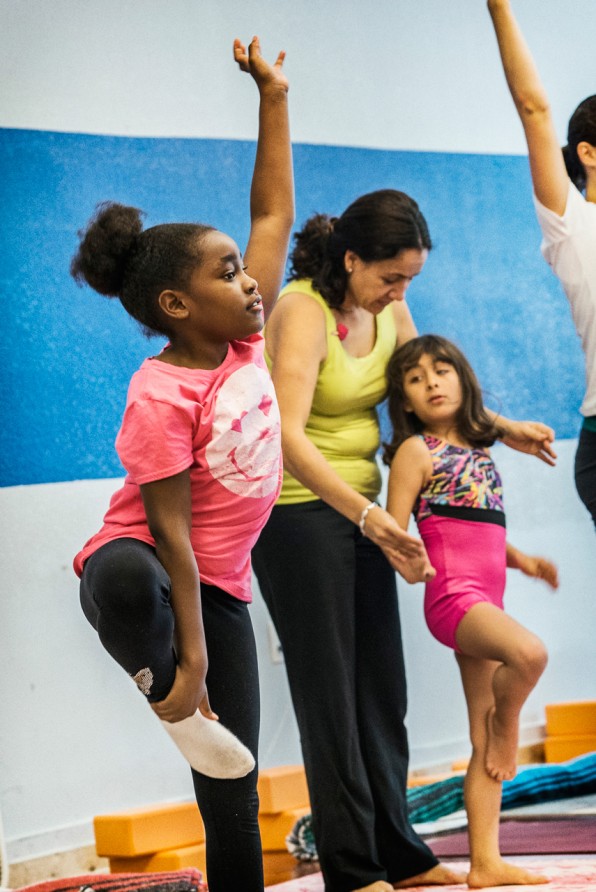When Were the 49ers Last in the Super Bowl
If you live in San Francisco and you're not a sports fan, you may not be thrilled about the horde of Super Bowl fans who have descended on the city, or the closed streets, or the extra gridlock on Highway 101. But when the game's over, what will the impact be on the city?
For local nonprofits, there's good news. Every Super Bowl, the host committee–a group of well-known corporate figures charged with drumming up support for the big game and coordinates activities around it–raises money for local nonprofits, which the NFL matches. The rule is that the host committee must raise at least $1 million dollars. San Francisco's–which includes Yahoo CEO Marissa Mayer, former secretary of state Condoleezza Rice, and chef Thomas Keller–managed to raise over $12 million, far more than any Super Bowl host has ever done in the past. A quarter of every dollar raised from corporate sponsors went into a philanthropic fund.

"We wanted to blow [the fundraising] out of the water," says Daniel Lurie, the chairman of the host committee, and CEO of Tipping Point Community, a nonprofit that fights poverty in the Bay Area. "And to really do it thoughtfully and with a lot of impact."
Each week, for the 50 weeks leading up to the game, the fund gave $10,000 grants to local leaders, like Kelly Carlisle, who runs an urban farm in East Oakland where children grow and sell vegetables and get to keep the proceeds in their own savings accounts.

Larger nonprofits got as much as $500,000 each to expand their programs, like First Place for Youth, a program that helps young adults coming out of foster homes find permanent homes and jobs, and stay off the streets. "They were able to house 10 kids last week in the pouring rain, in permanent, sustainable housing, because of our grant," says Lurie.
So far, the fund has given out grants of over $7 million to 140 organizations throughout the Bay Area, with the most beneficiaries in Santa Clara County, where the actual game will take place.

In San Francisco–which is hosting a nine-day "Super Bowl City" event that's taking over part of downtown–critics have noted that the city government will likely end up footing a $4 million-plus bill for the extra public transit and police needed to keep things running smoothly. It's money that might have gone to citizens for other needed services.
But Lurie argues the city will make millions more in hotels and sales taxes, and the overall economic impact of the Super Bowl in the area may be in the hundreds of millions (unlike past sporting events, perhaps, where other cities haven't fared so well).
And it's indisputable that local nonprofits have gotten a major boost. Lurie's hoping that the next city to host a major event will have a similar philanthropic goal. "How it can have a lasting impact is if future host cities and host regions–not just of Super Bowls, but Olympics and World Cups–follow our lead," says Lurie. "We would love for future host regions and cities to beat that record that we helped to set."
When Were the 49ers Last in the Super Bowl
Source: https://www.fastcompany.com/3056070/this-super-bowl-is-the-most-philanthropic-ever
0 Response to "When Were the 49ers Last in the Super Bowl"
Post a Comment